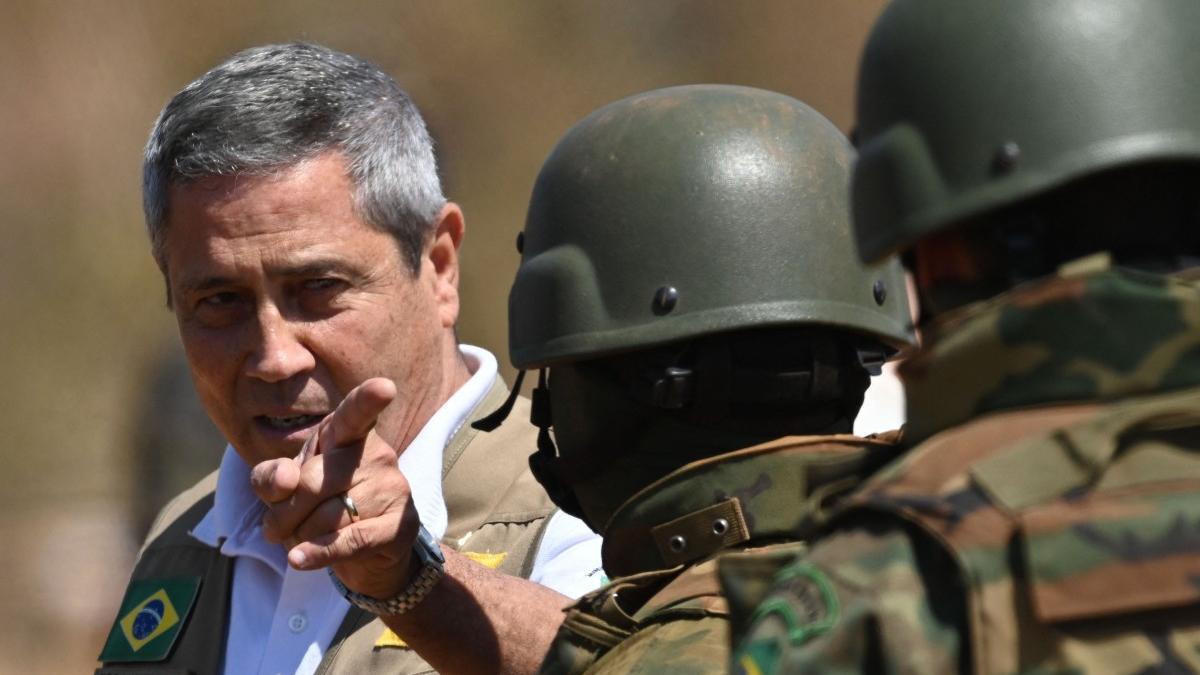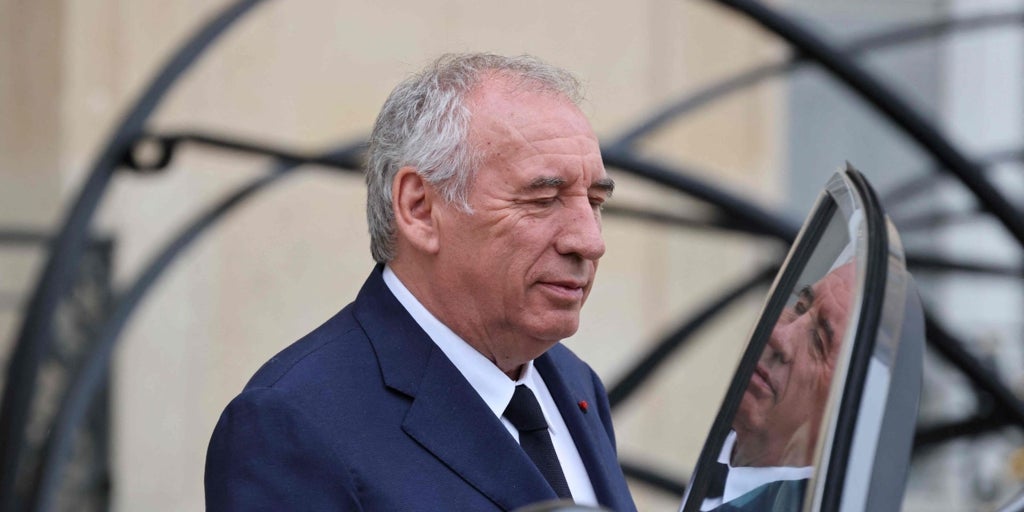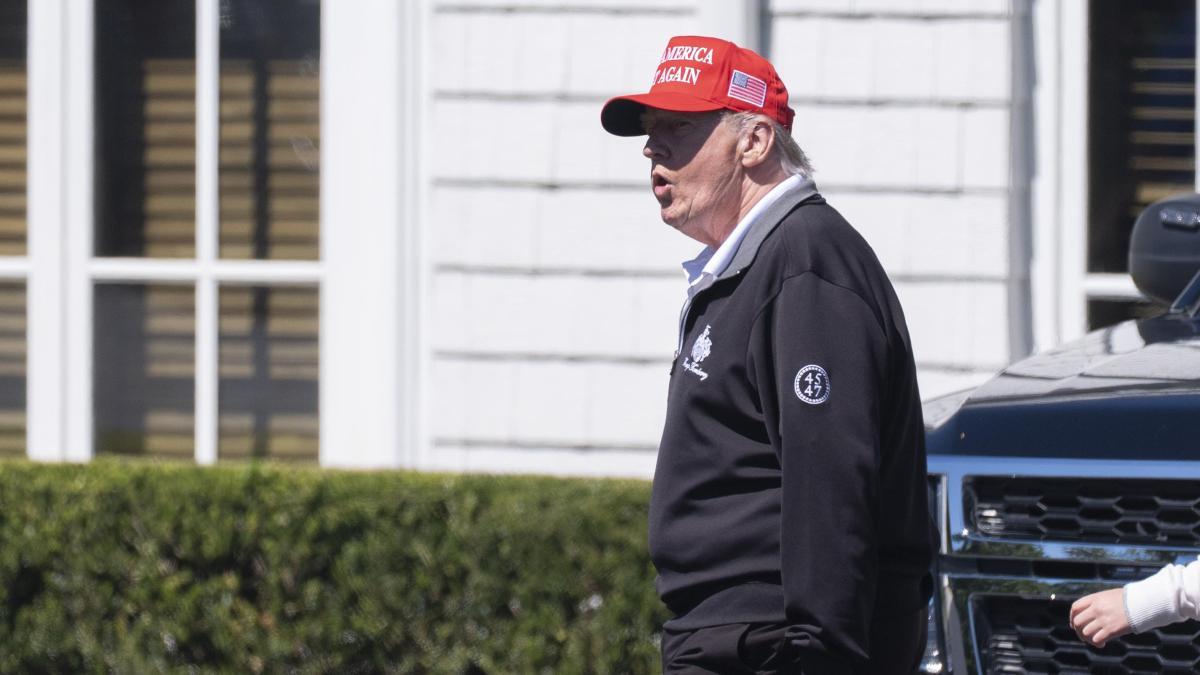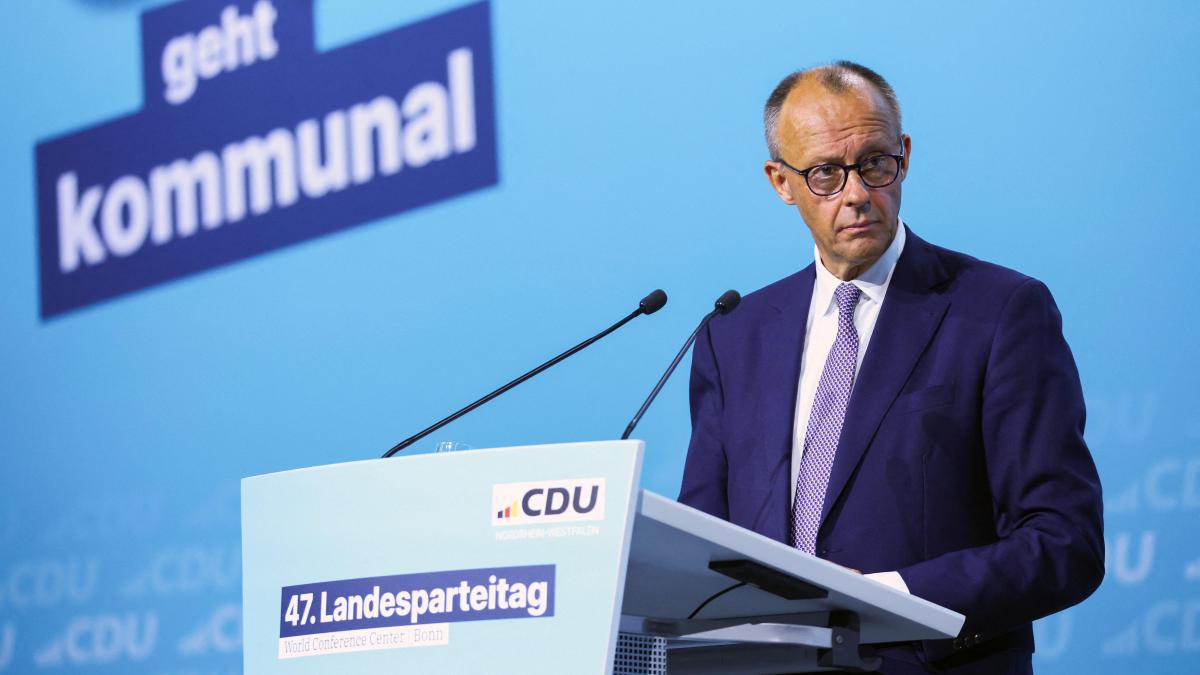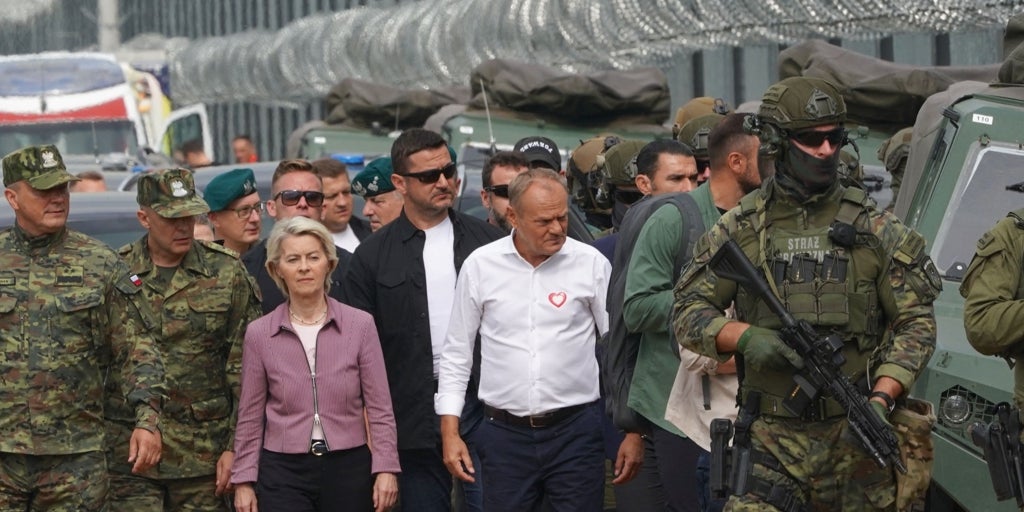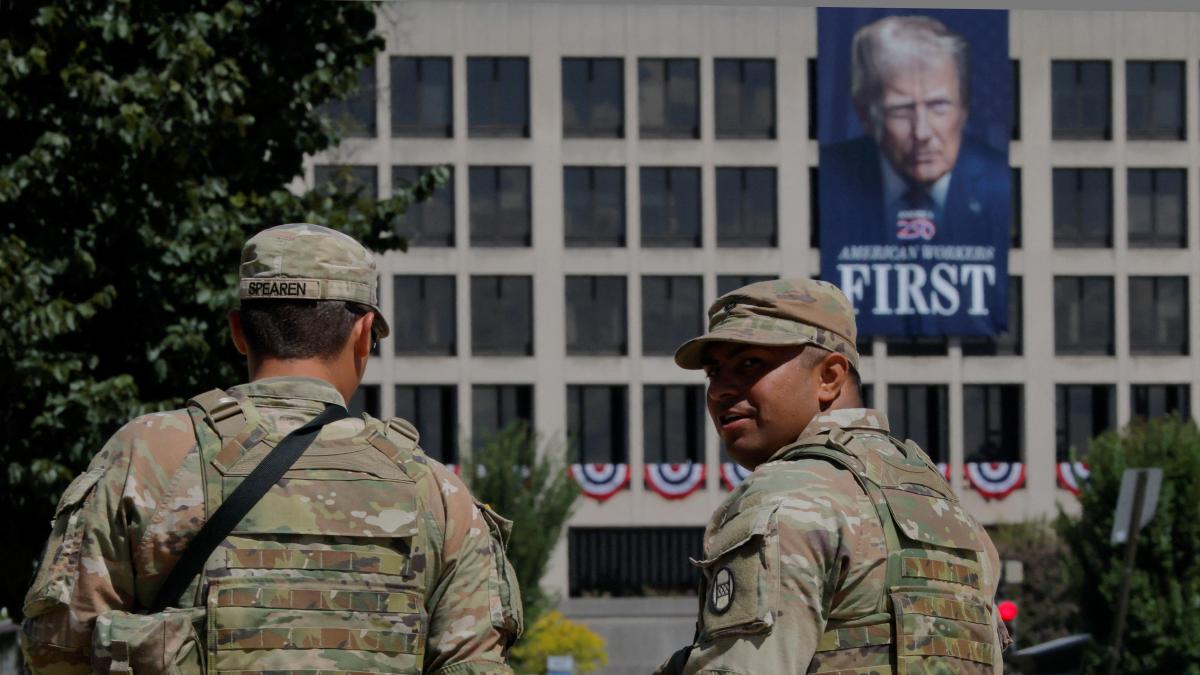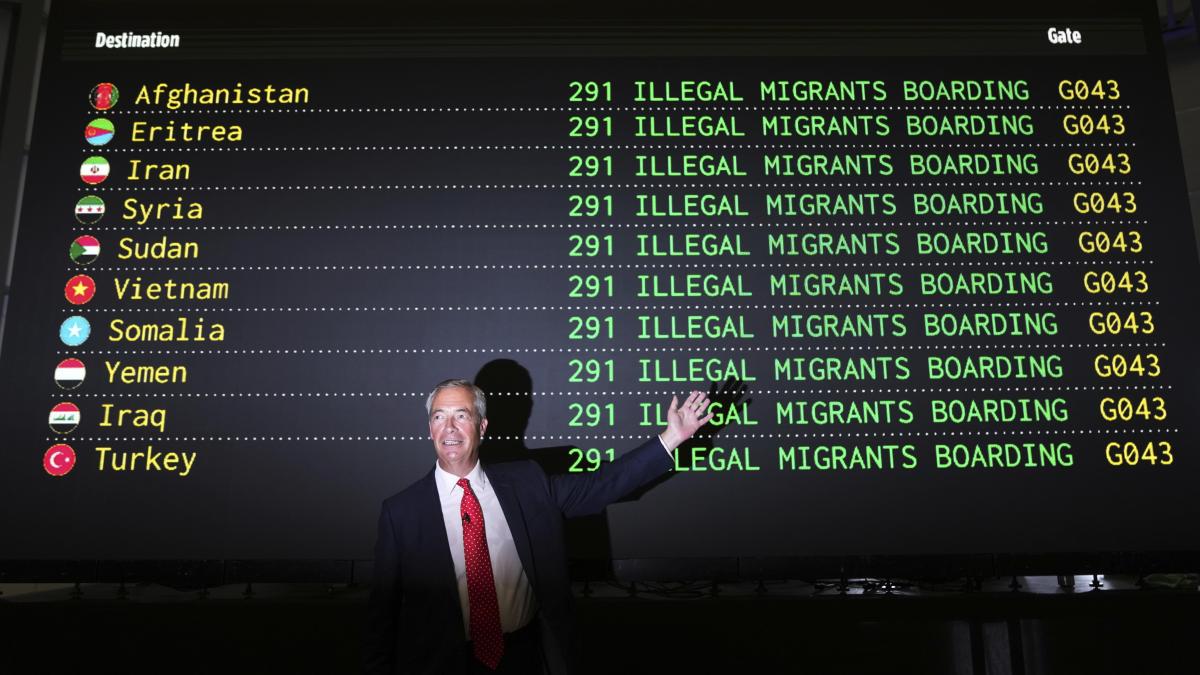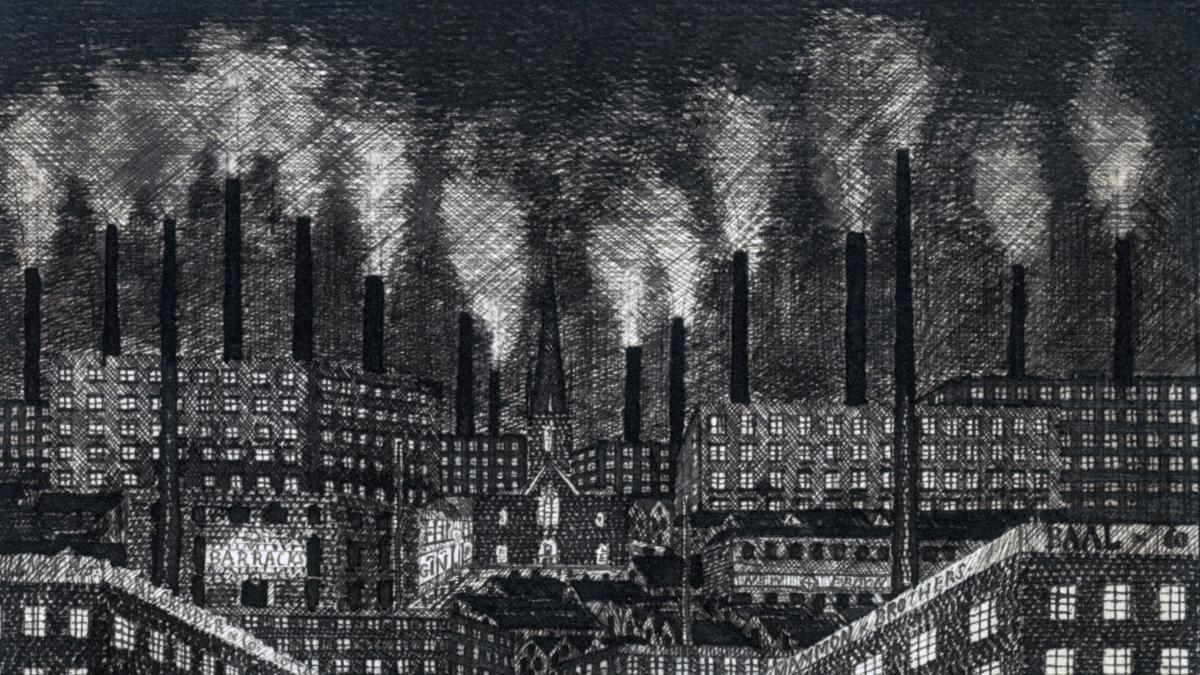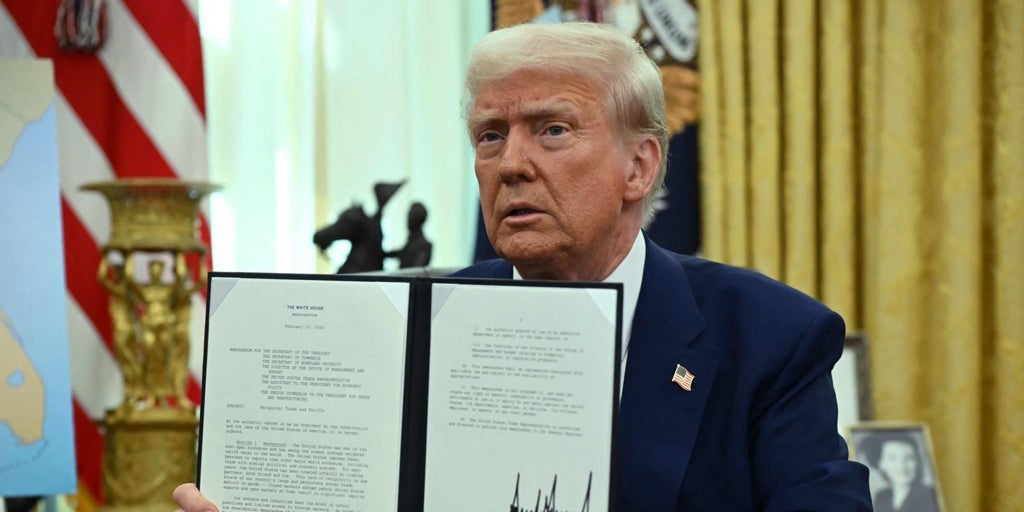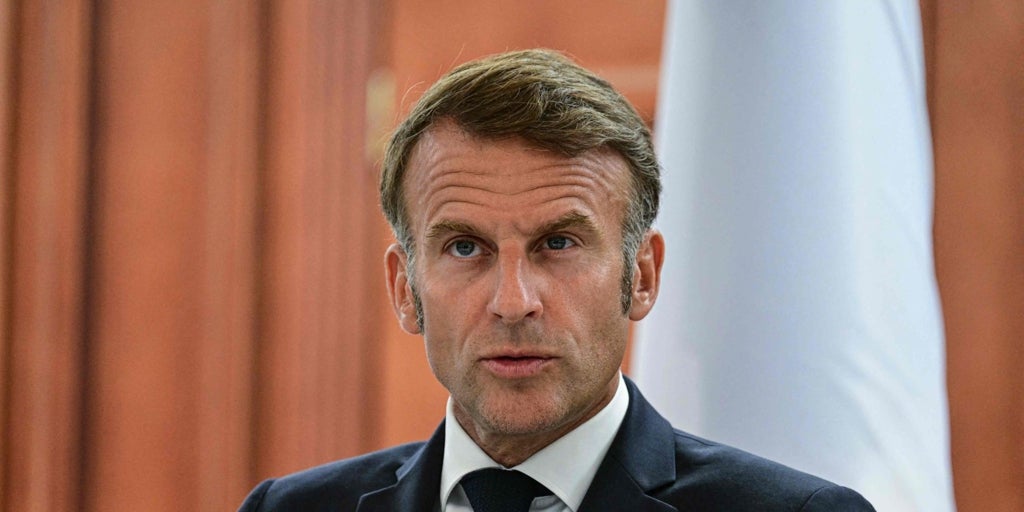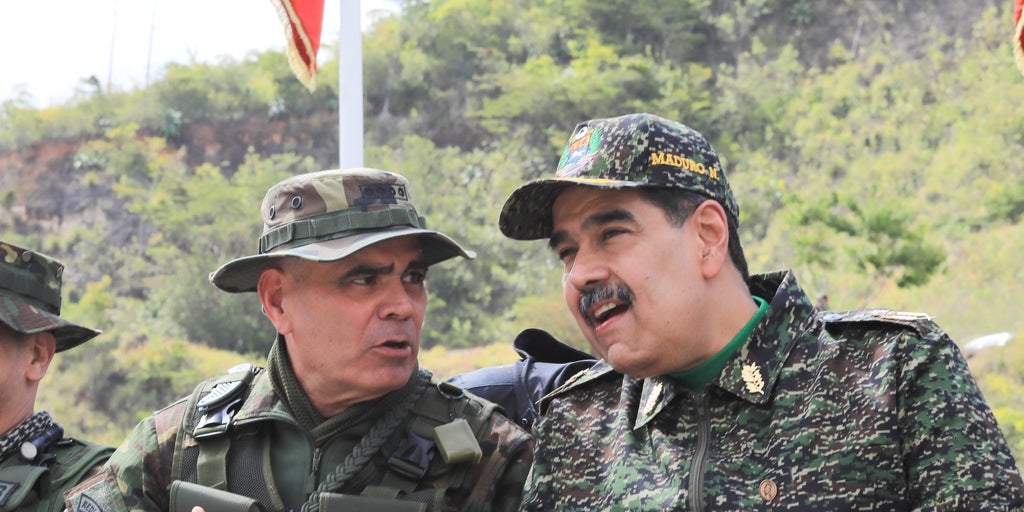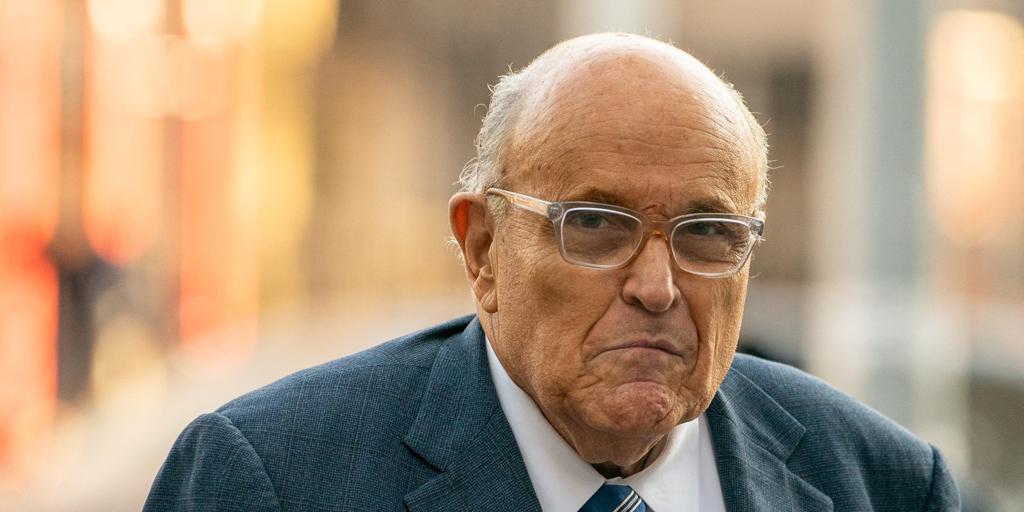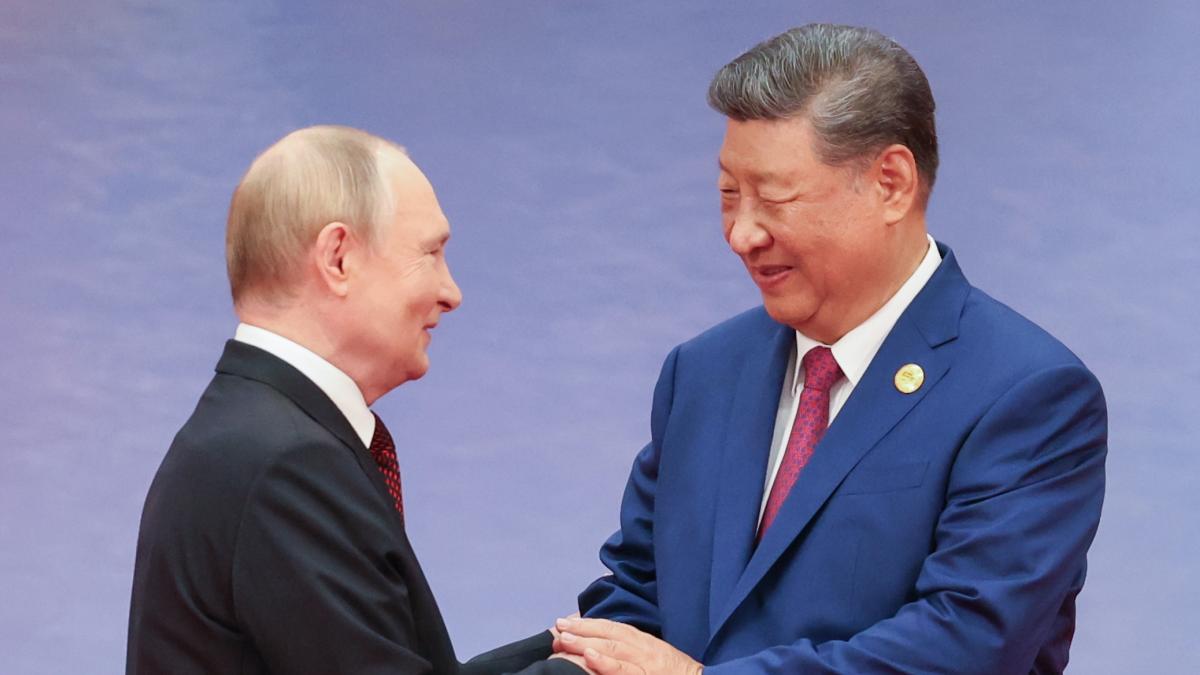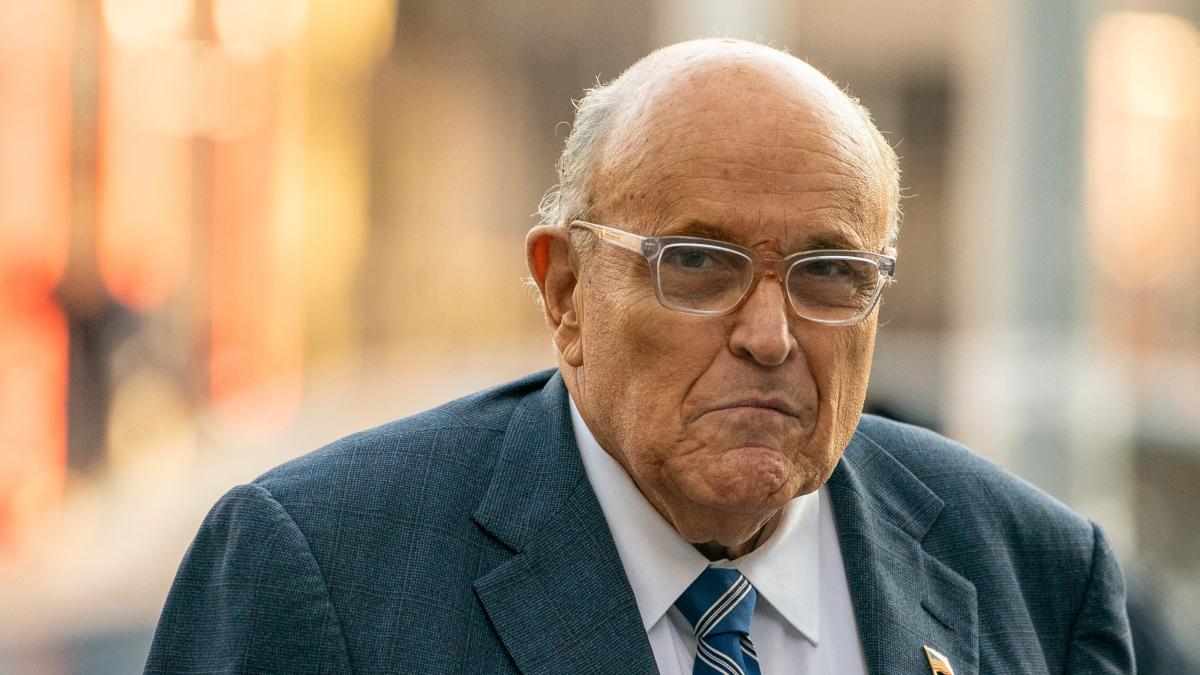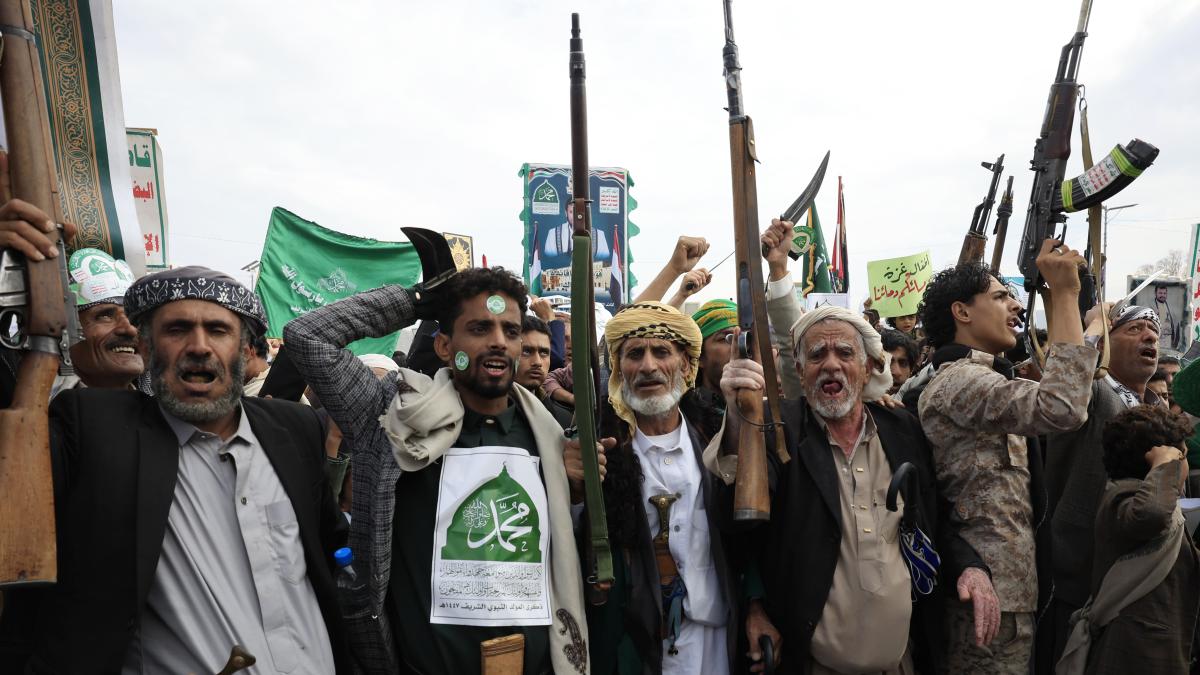Operation Poison Lula: The Dark Plot Unveiled
Behind the solid façade of the G20 summit in Rio de Janeiro that saw the deployment of 9,000 armed forces personnel, unsettling questions loom once again in Brazil regarding the military’s allegiance to President Luiz Inácio Lula da Silva. Worry escalated following the arrest of five soldiers implicated in a coup attempt in 2022, which shockingly included plans allegedly aimed at assassinating President Lula himself.
The federal police’s investigation has revealed that these soldiers, members of an elite force known informally as the black kids, communicated through the encrypted Signal application, conspiring to eliminate Lula, then the president-elect, along with his vice president Geraldo Alckmin and Alexandre de Moraes, the Supreme Court judge overseeing the electoral processes. Disturbingly, documents surfaced showing that the military conspirators discussed the “use of poisoning or chemicals” to murder these key political figures.
This twisted coup plan took shape in the wake of Lula’s narrow victory in the October 2022 elections, defeating the ultraconservative incumbent, Jair Bolsonaro. Investigations unveiled that discussions regarding the assassination — particularly targeting Moraes — reached a critical point during a clandestine meeting in early December 2022 at the residence of General Walter Braga Netto, a notorious Bolsonaro ally, who himself was in the running for the vice-presidency in the same year.
After that critical meeting, where Bolsonaro’s key secretary, Lieutenant Colonel Mauro Cid, was in attendance, plans were drawn for the assassination slated for December 15, just a week before Lula’s inauguration taking place on January 1, 2023. The conspirators envisioned a plan to annul the election results, abduct key authorities, and outright eliminate the future president. The operation was intended to establish a state of emergency, presided over by soldiers deeply entrenched in Brazil’s military history.
This coup’s failure was, intriguingly, partly attributed to the palpable pressure exerted by the US administration under President Joe Biden. Lloyd Austin, the Secretary of Defense, reportedly made repeated appeals urging the military to refrain from participating in any coup, a warning that ultimately deterred Bolsonaro from taking the lead in the insurrection. According to military affairs analyst Antônio Jorge Ramalho, the internal military divisions, compounded by Bolsonaro’s lack of resolve, thwarted the coup.
“If Trump had been president, the US pressure would likely have favored democracy’s collapse rather than its preservation,” Ramalho remarked critically.
Defense Minister José Mucio alluded to the arrested men as representing a “disparate group,” insisting that their capture would help “clear the fog” surrounding the loyalty and intentions within the broader military establishment. Even so, he expressed that potential coup sentiment likely still smolders within the ranks of armed forces.
One of the detained soldiers had reportedly traveled to Rio to assess security arrangements for the G20 summit, indicating the broader implications of militia sentiments.
Indications about Bolsonaro’s potential scheming with the conspirators have continued to emerge. Accusations have surfaced suggesting Bolsonaro had a hand in formulating plans to imprison Moraes, drafting decrees to delegitimize election outcomes based on unsubstantiated claims of fraud, all while soliciting military backing for a state takeover. Despite these accusations, Bolsonaro has vehemently denied participation in any coup plot through statements from his legal team, recently requesting the restoration of his passport to attend Donald Trump’s upcoming presidential inauguration.
In the tumultuous aftermath of the October 2022 electoral contest, thousands of Bolsonaro supporters — led to believe that fraud had tainted the elections — generated unrest, including encampments outside military barracks anticipating intervention. This led to violent uprisings, notably an assault on the country’s democratic institutions, mirroring the distressing January 2021 insurrection at the Capitol in Washington D.C.
Furthermore, the ominous undertones surrounding political stability in Brazil cannot be overlooked. As Brazil steps into a new political era under Lula, remnants of military conspiracy linger, invoking the shadows of the historic dictatorship that spanned from the 1964 coup until the mid-1980s. The echoes of that dark period reverberate throughout contemporary society, raising crucial questions about the military’s role in governance and the degree to which past horrors inform present politics.

